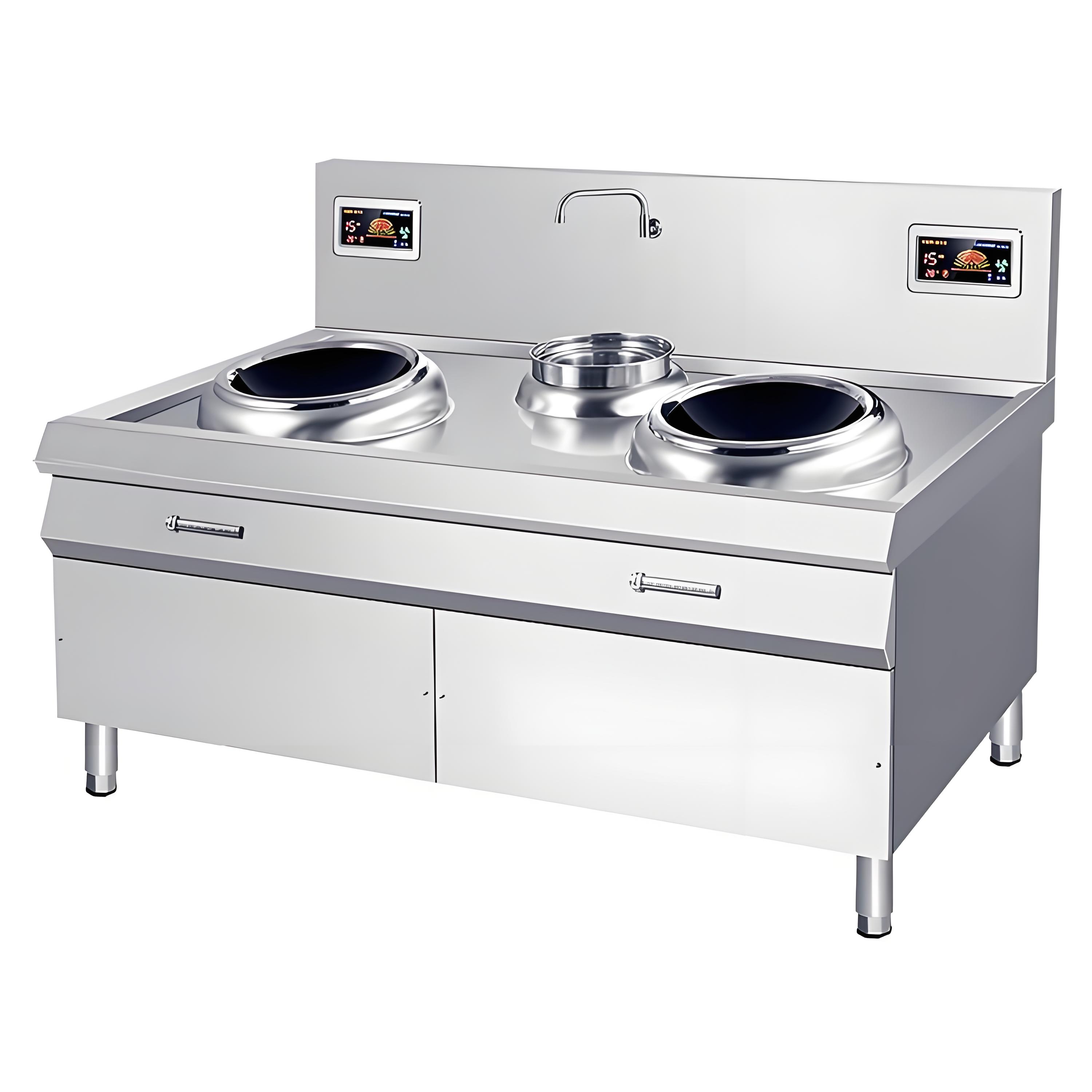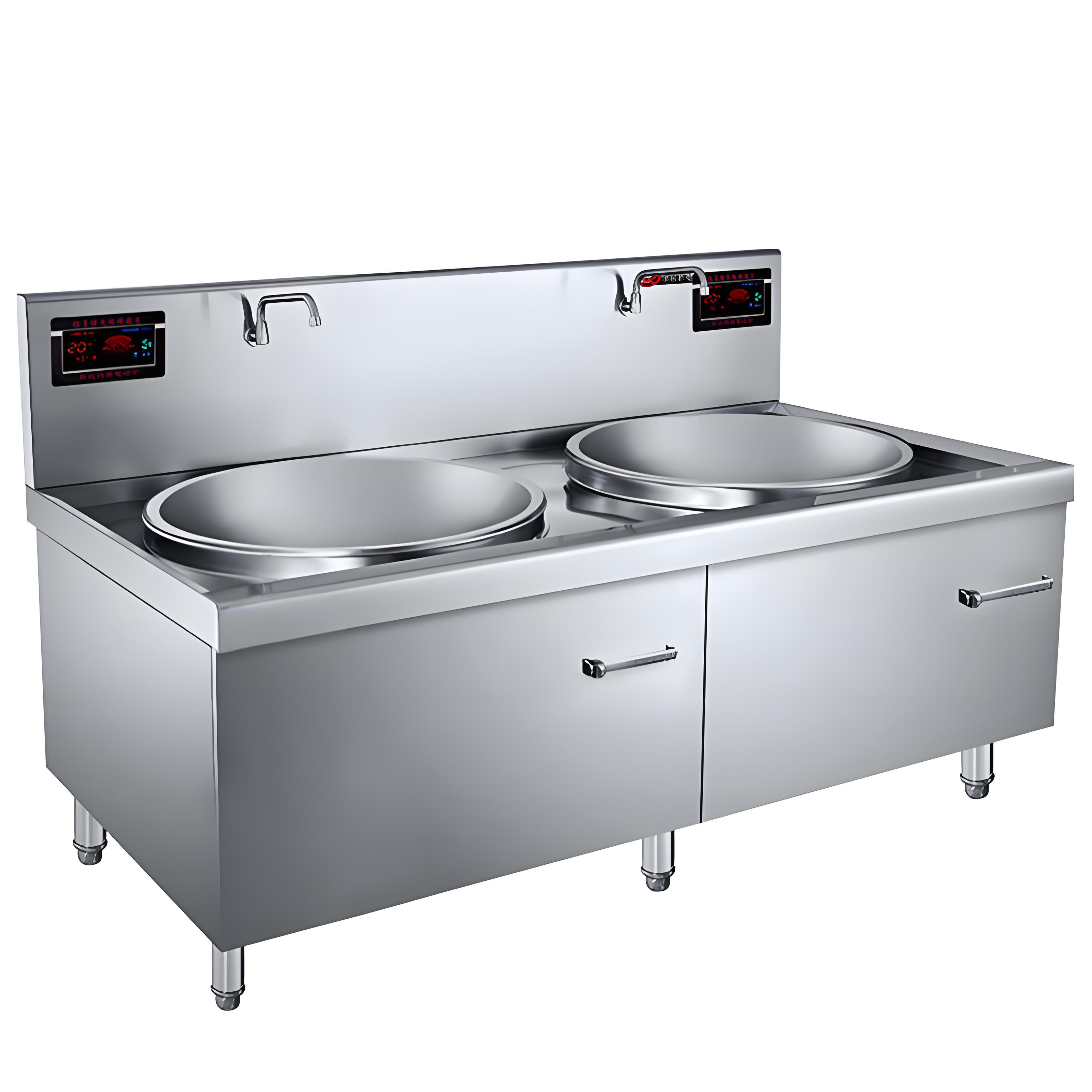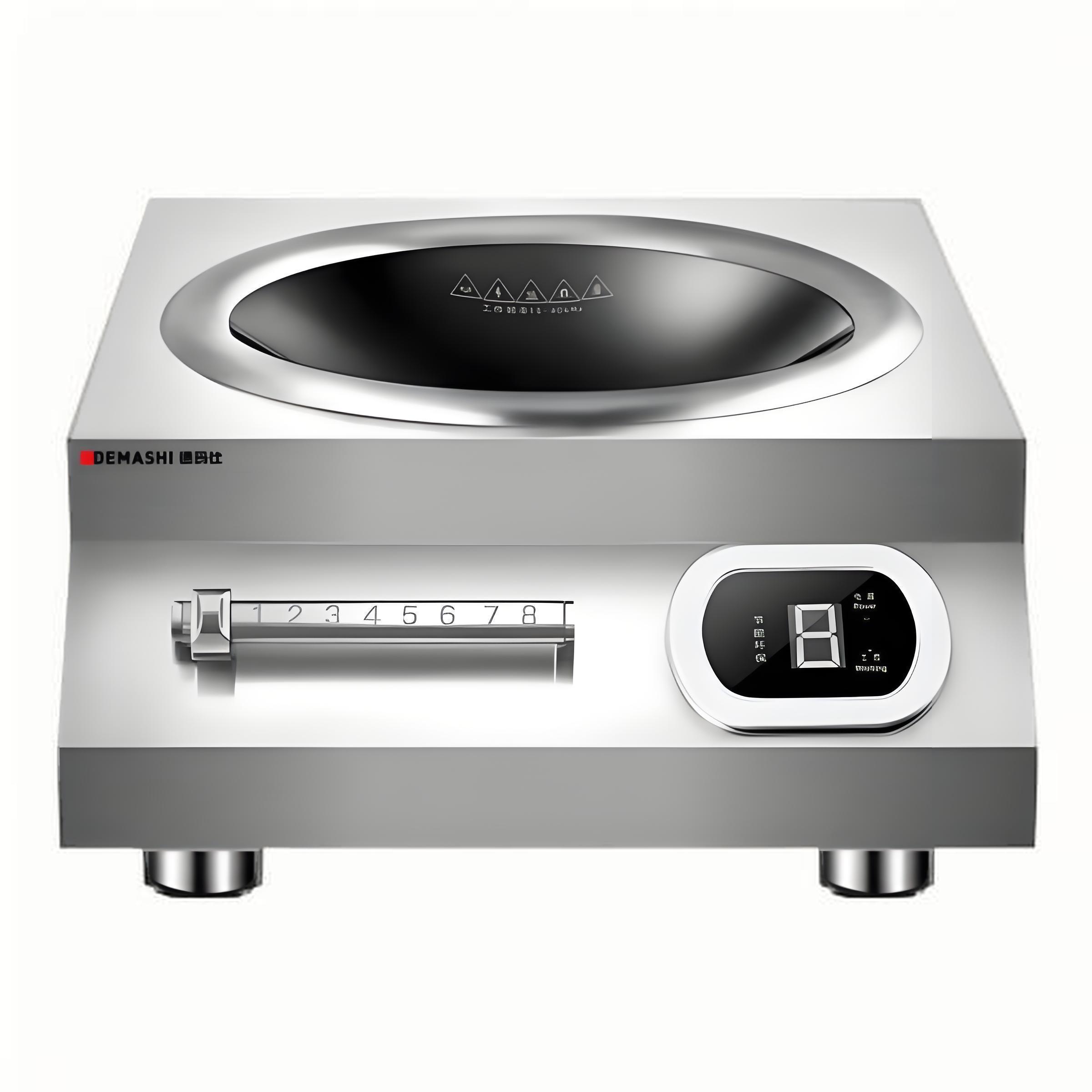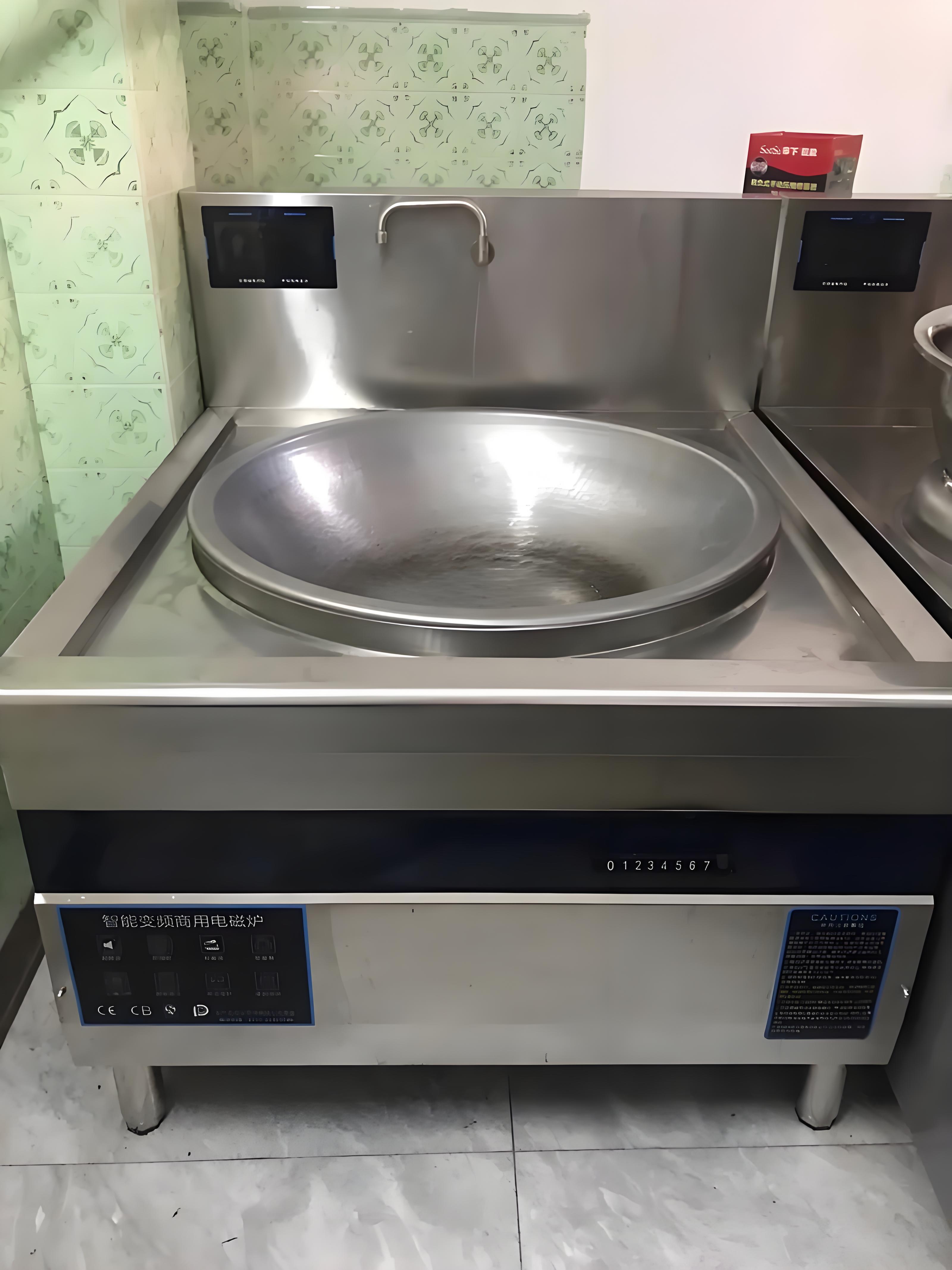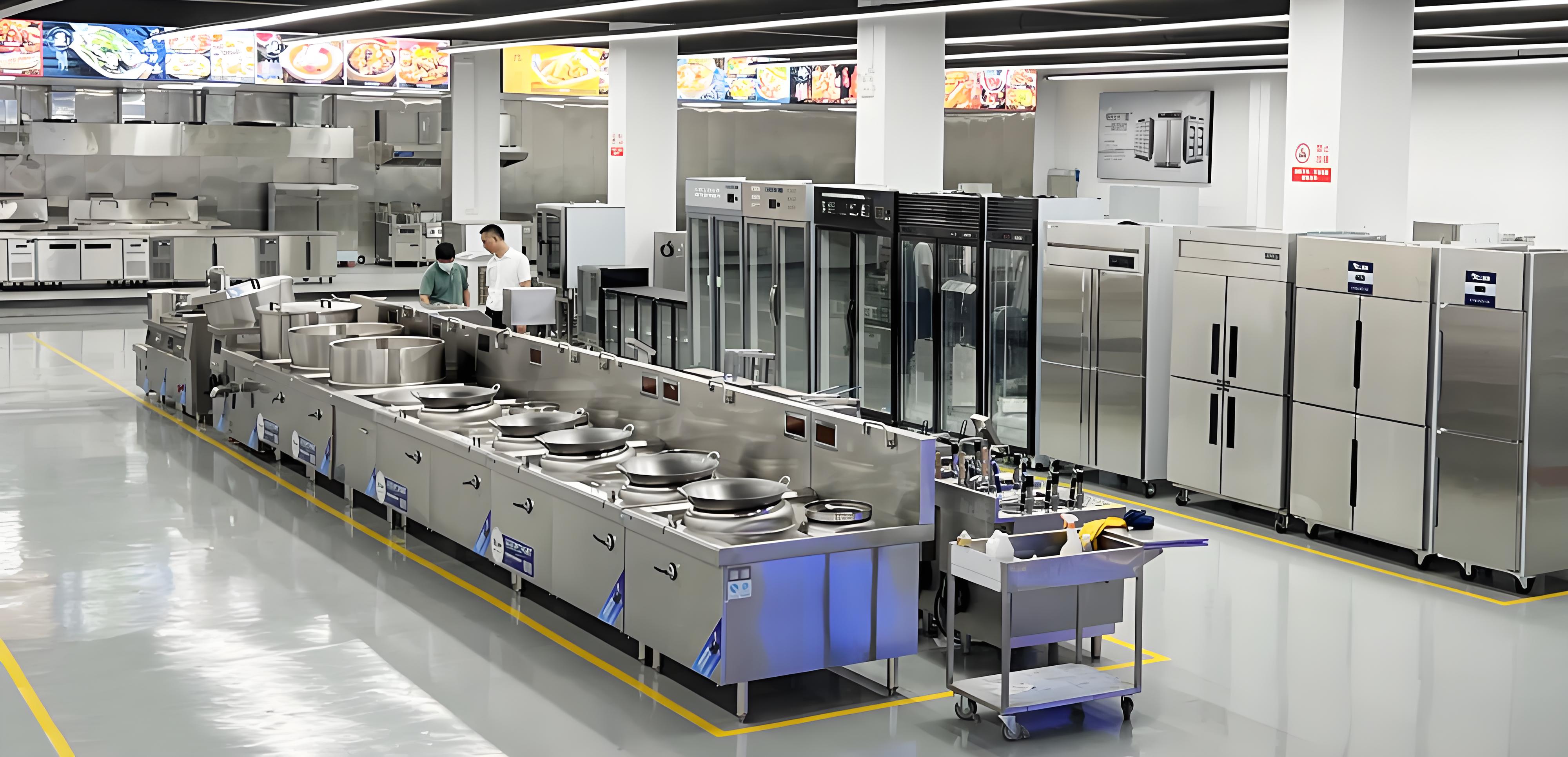As someone who’s spent years tinkering with kitchen appliances and advising homeowners on their functionality, I’ve heard all sorts of questions about induction cooktops. One that comes up time and again is: Is it normal for an induction cooktop to be noisy? If you’ve ever fired up your induction cooktop and noticed buzzing, humming, or clicking sounds, you might be wondering whether your appliance is faulty or if this is just part of its charm. Having worked with countless models and spoken to both manufacturers and users, I can assure you that some noise is expected, but not all sounds are created equal. In this article, I’ll break down why induction cooktops make noise, what’s normal, what’s not, and how to address excessive noise, all while sharing practical insights from my experience to help you cook in peace.
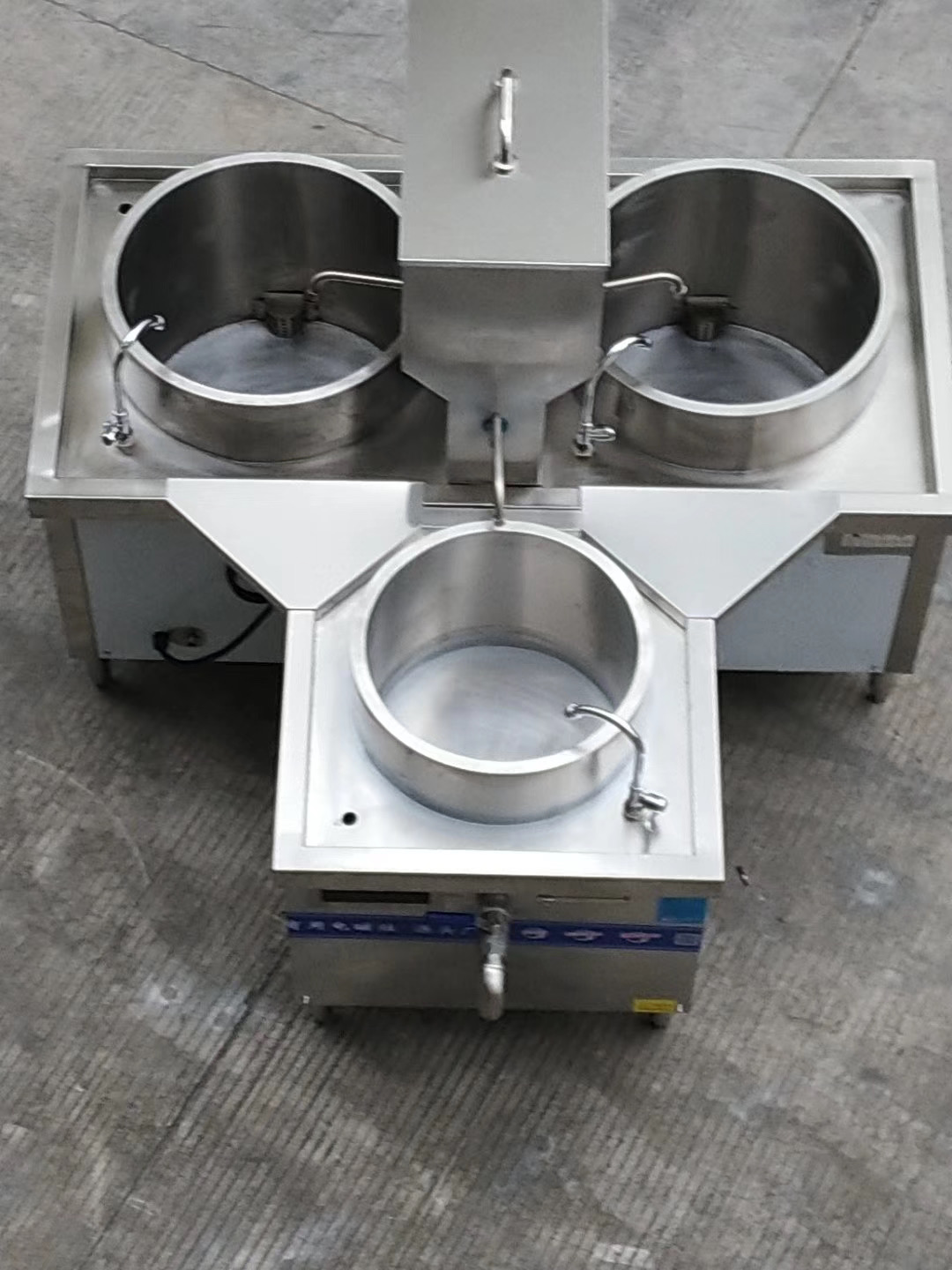
Why Do Induction Cooktops Make Noise?
Induction cooktops are marvels of modern kitchen tech, using electromagnetic fields to heat cookware directly, offering precision and efficiency. But that same technology can produce sounds that catch users off guard. To understand whether these noises are normal, let’s start with how induction cooktops work and why they might hum, buzz, or click.
An induction cooktop generates a high-frequency magnetic field through a copper coil beneath its glass surface. When you place compatible cookware (like cast iron or stainless steel) on the cooktop, the field induces an electric current in the cookware, creating heat. This process involves rapid oscillations—thousands of times per second—which can cause vibrations in the cookware or the cooktop itself, leading to audible noises. Here are the most common types of sounds and their causes:
Buzzing or Humming: This is often caused by the vibration of the cookware as the magnetic field alternates. The intensity depends on the cookware’s material, thickness, and how well it’s seated on the cooktop.
Clicking: Typically occurs when the cooktop cycles power on and off to maintain a consistent temperature, especially at lower settings.
Fan Noise: Most induction cooktops have internal cooling fans to prevent overheating, which can produce a steady hum or whirring sound.
High-Pitched Whistling: This can happen when certain cookware materials resonate at specific frequencies or when two burners are operating at different power levels.
In my experience, some level of noise is perfectly normal for induction cooktops due to their electromagnetic nature. However, the volume and type of noise can vary based on several factors, which I’ll explore next.
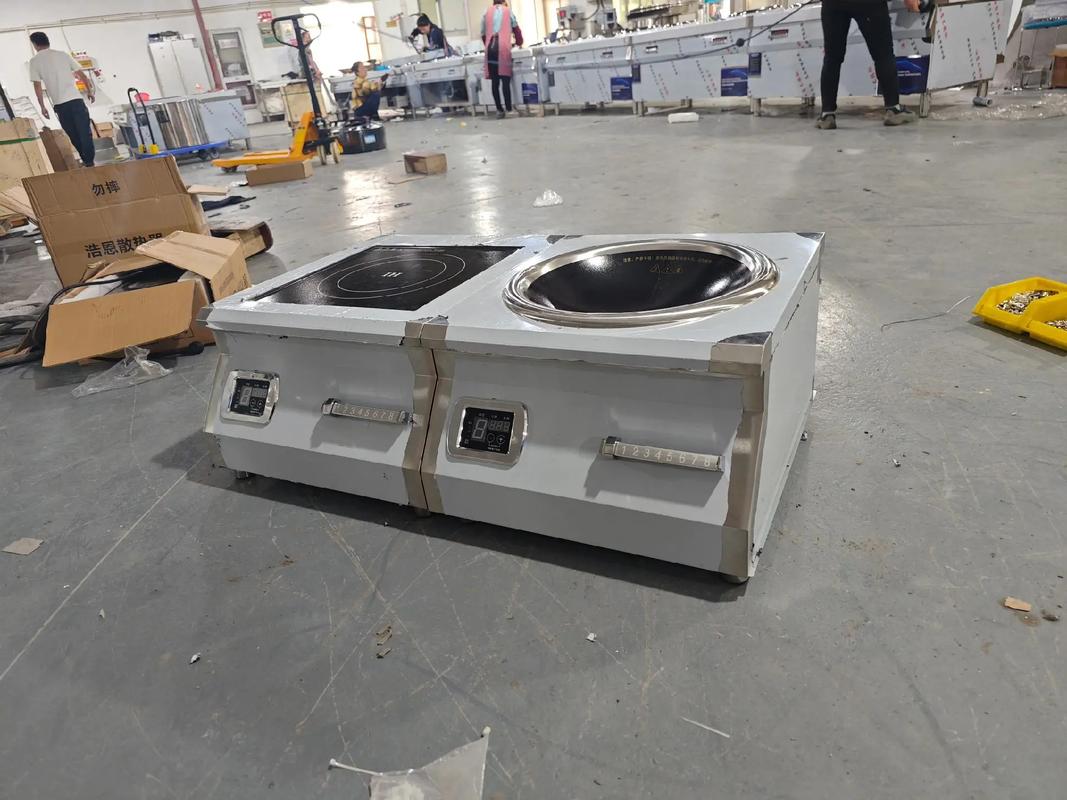
What’s Normal and What’s Not?
To determine whether your induction cooktop’s noise is within the normal range, it’s helpful to know what to expect. Based on my years of troubleshooting appliances, here’s a breakdown of typical noises versus potential red flags:
| Noise Type | Description | Normal? | Potential Issue if Excessive |
|---|---|---|---|
| Buzzing/Humming | Low-to-moderate hum during cooking | Yes, especially at high power | Cookware incompatibility or loose components |
| Clicking | Intermittent clicks at low settings | Yes, due to power cycling | Faulty control board if constant or loud |
| Fan Noise | Steady whirring from cooling fan | Yes, during and after use | Fan obstruction or motor failure |
| Whistling | High-pitched sound during operation | Sometimes, with certain cookware | Cookware resonance or internal coil issues |
Normal Noises: A soft buzzing or humming, especially at higher power settings, is standard. Clicking at lower settings is also common as the cooktop regulates temperature. The cooling fan’s whirring is expected, particularly during long cooking sessions, and may continue for a few minutes after you turn off the cooktop to cool internal components.
Concerning Noises: If the buzzing is excessively loud, the clicking is constant and disruptive, or the whistling persists across all cookware types, it could indicate an issue. For example, I once helped a client whose cooktop emitted a piercing buzz that turned out to be caused by a low-quality pan with a thin base. Switching to a thicker, induction-compatible pan solved the problem. In another case, persistent loud clicking was traced to a faulty control board, which required professional repair.
Factors That Influence Induction Cooktop Noise
Several variables can affect how noisy your induction cooktop is. Understanding these can help you manage or reduce unwanted sounds:
Cookware Quality and Compatibility: The material and construction of your pots and pans play a big role. High-quality, induction-compatible cookware with thick, flat bases tends to produce less noise because it vibrates less under the magnetic field. Thin or warped pans, on the other hand, can buzz loudly.
Power Settings: Higher power levels generate stronger magnetic fields, which can amplify buzzing or humming. Lower settings may cause more clicking as the cooktop cycles power.
Cooktop Design: Different models have varying coil designs and fan systems. Higher-end models often incorporate noise-dampening features, while budget models may be noisier due to simpler construction.
Installation Environment: If the cooktop isn’t installed on a level surface or is too close to other appliances, vibrations can amplify noise. Poor ventilation can also cause the cooling fan to work harder, increasing noise.
Cookware Contact: If a pan isn’t sitting flat on the cooktop’s surface, it can vibrate more, leading to louder buzzing. Ensuring full contact reduces this issue.
I recall a project where a homeowner complained about a loud hum from their new induction cooktop. After visiting their kitchen, I noticed they were using an old, lightweight aluminum pan that wasn’t fully compatible with induction. Switching to a heavy-bottomed stainless steel pan cut the noise significantly. This experience highlights how cookware choice is often the culprit behind excessive noise.
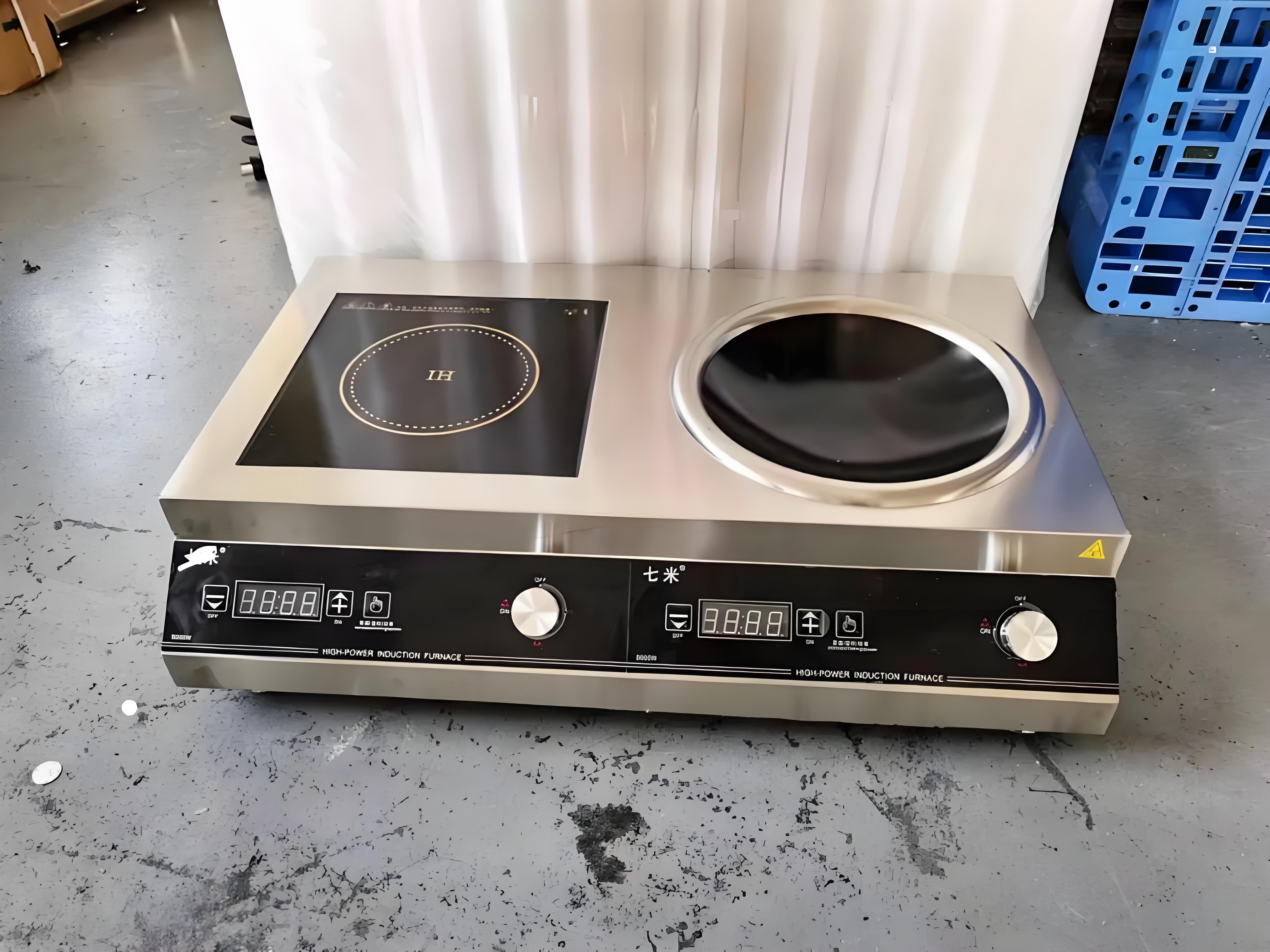
How to Reduce Induction Cooktop Noise
If your cooktop’s noise is bothersome, there are practical steps you can take to minimize it without sacrificing performance. Here are my top recommendations:
Use High-Quality, Induction-Compatible Cookware: Invest in pans with thick, flat bases made of ferromagnetic materials like cast iron or stainless steel. These reduce vibrations and noise compared to thin or mismatched cookware.
Ensure Proper Cookware Placement: Center the pan on the burner and ensure it sits flat. A slightly off-center or warped pan can increase buzzing.
Adjust Power Settings: If the buzzing is loud at high settings, try lowering the power slightly. For tasks like simmering, use the lowest effective setting to reduce clicking.
Check Installation: Ensure the cooktop is level and properly ventilated. Poor installation can amplify vibrations or strain the cooling fan. I once fixed a noisy cooktop simply by adjusting its mounting to eliminate a slight tilt.
Clean the Cooktop Surface: Debris or grease between the cooktop and pan can cause vibrations. Keep the glass surface clean for optimal contact.
Inspect the Cooling Fan: If the fan noise is excessive, check for obstructions like dust or debris. Regular cleaning (following the manufacturer’s guidelines) can help.
In one memorable case, a client was frustrated by a persistent whistling sound. After testing different pans, we found the noise occurred only when using a specific brand of cookware. Switching to a different set eliminated the issue entirely. If noise persists across all cookware, it’s worth contacting a technician to check for internal issues like loose coils or a malfunctioning fan.
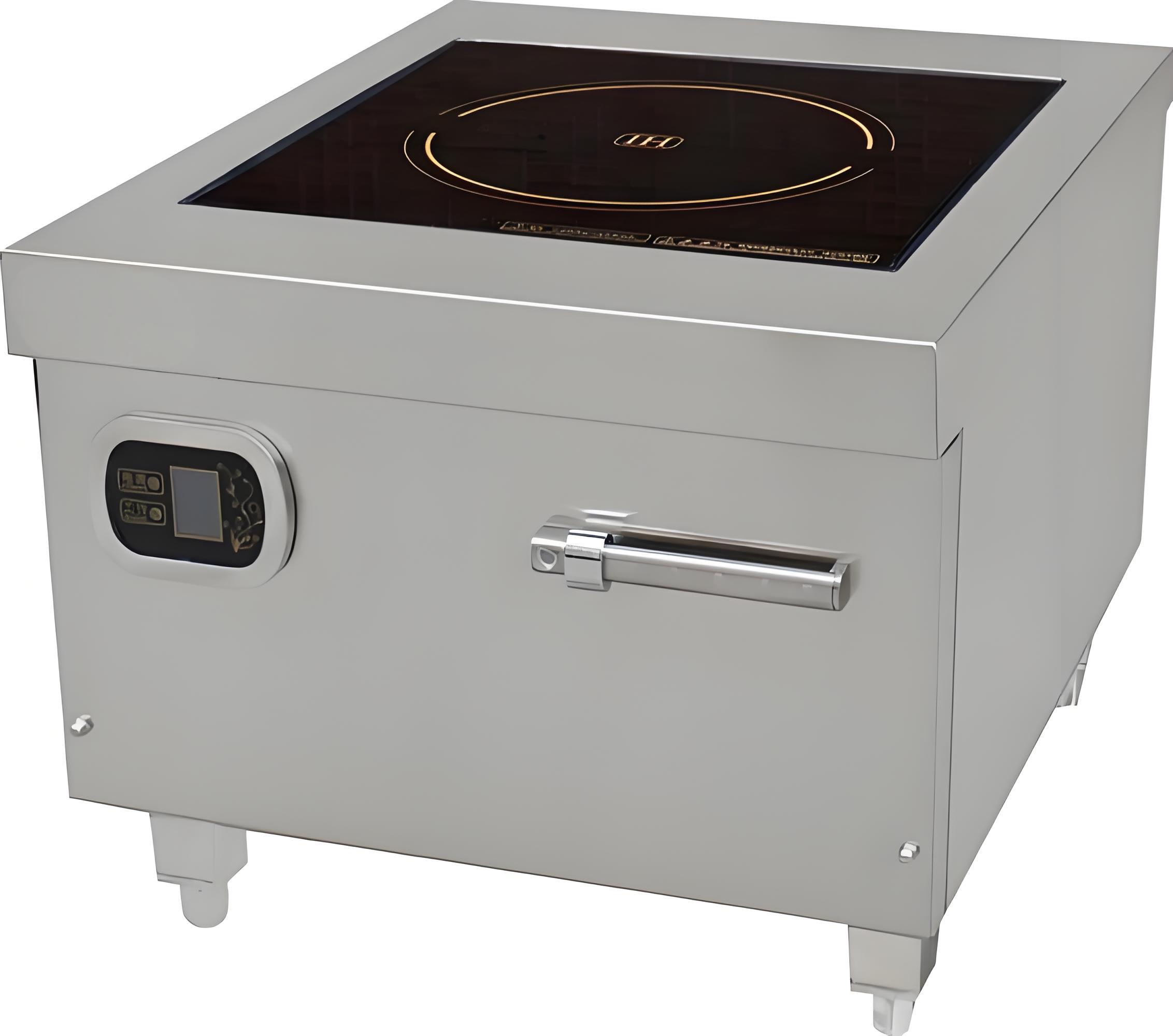
When to Seek Professional Help
While some noise is normal, certain signs suggest your cooktop may need professional attention:
Loud, Persistent Buzzing: If the noise is unusually loud and doesn’t decrease with better cookware or adjusted settings, it could indicate a loose coil or electrical issue.
Constant Clicking: Occasional clicking is fine, but continuous or loud clicking may point to a faulty control board or power regulation problem.
Fan Noise That Doesn’t Stop: If the fan runs excessively or sounds like it’s struggling, it might be obstructed or failing.
New or Worsening Noises: If your cooktop was quiet initially but becomes noisier over time, it could signal wear or damage to internal components.
I once assisted a family whose cooktop started making a grinding fan noise after a year of use. A technician found dust buildup in the fan, which was easily cleaned, restoring quiet operation. Don’t ignore unusual noises, as they can sometimes indicate issues that worsen if left unaddressed.
Comparing Induction Cooktops to Other Cooking Appliances
To put induction cooktop noise in perspective, let’s compare it to other common kitchen appliances:
| Appliance | Typical Noise Level | Noise Source | User Impact |
|---|---|---|---|
| Induction Cooktop | Low to moderate (buzzing, clicking) | Electromagnetic vibrations, fan | Generally tolerable |
| Gas Stove | Minimal (hiss of gas) | Gas flow, occasional clicks | Quiet but less precise |
| Electric Coil Stove | Very low | None (silent operation) | Basic functionality |
| Microwave Oven | Moderate (fan, humming) | Fan, magnetron | Noticeable during use |
Induction cooktops are generally quieter than microwaves but may be noisier than gas or electric coil stoves due to their electromagnetic operation. However, their energy efficiency, speed, and precision often outweigh the minor inconvenience of noise for most users.
Real-World Experience: A Tale of Two Cooktops
Let me share a story from my work. A couple I worked with had recently installed a mid-range induction cooktop in their renovated kitchen. They loved its performance but were annoyed by a loud buzzing when boiling water. After visiting, I noticed they were using thin, department-store cookware. I recommended a set of heavy-bottomed, induction-compatible pans, and the buzzing dropped to a barely noticeable hum. However, they also reported occasional loud clicking at low settings. A quick call to the manufacturer confirmed this was normal power cycling, but adjusting to a slightly higher setting reduced the frequency. This experience showed me that user habits and equipment choices often drive noise issues, not the cooktop itself.
In contrast, another client with a high-end induction cooktop barely noticed any noise, even at full power. The difference? Their model had advanced noise-dampening technology, and they used premium cookware from the start. This highlights how investing in quality equipment can make a big difference.
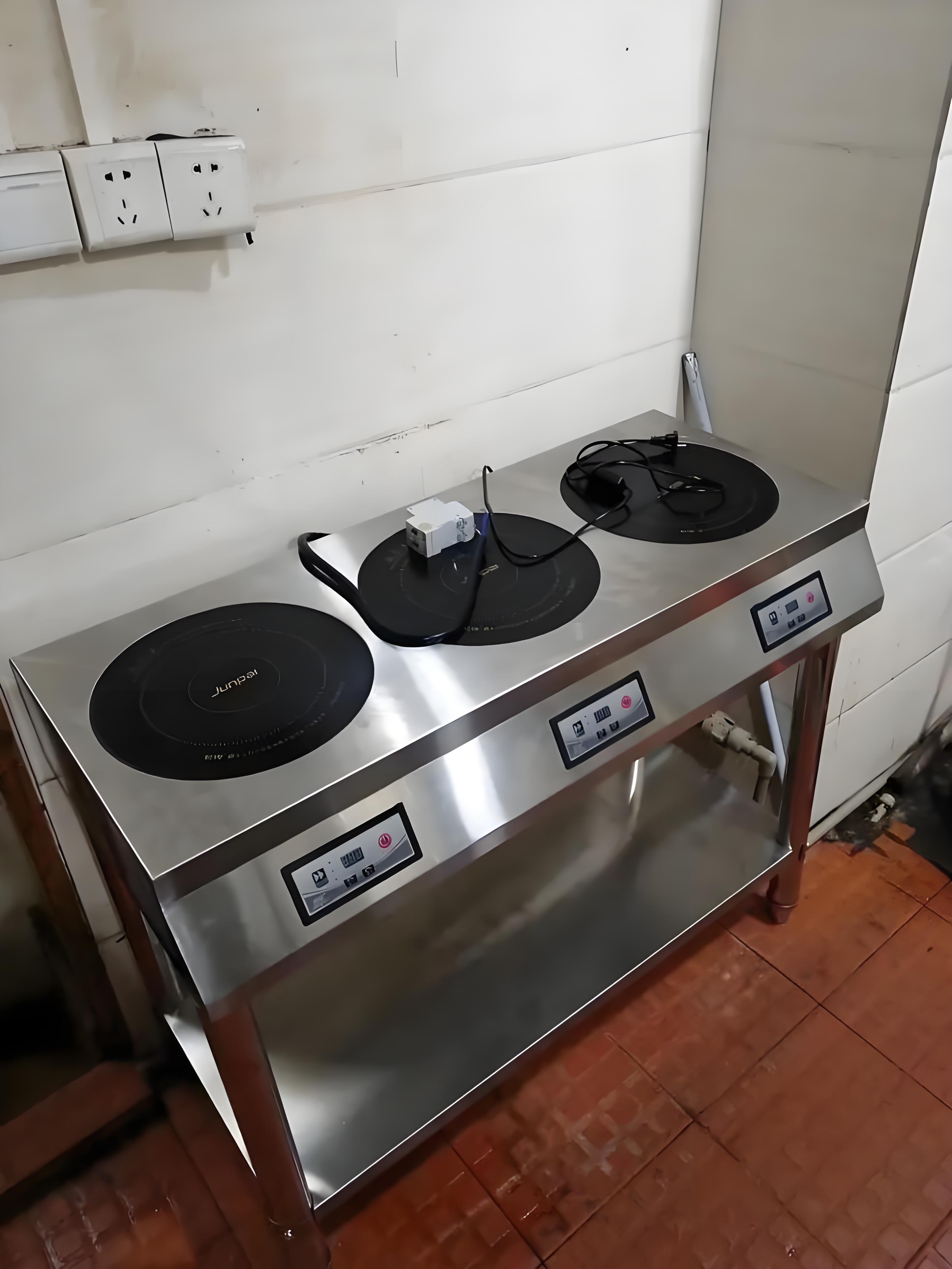
Common Misconceptions About Induction Cooktop Noise
Over the years, I’ve heard several myths about induction cooktop noise:
Myth 1: All noise means the cooktop is defective. Not true—buzzing, clicking, and fan noise are often normal, especially with certain cookware or settings.
Myth 2: Expensive cooktops are silent. Even high-end models make some noise due to their electromagnetic nature, though they may be quieter thanks to better design.
Myth 3: Noise can’t be reduced. With the right cookware, settings, and maintenance, you can significantly minimize noise.
Final Thoughts
So, is it normal for an induction cooktop to be noisy? Yes, to an extent. Buzzing, clicking, and fan noise are part of the package due to the cooktop’s electromagnetic technology and cooling system. However, excessive or unusual noises could signal issues with cookware, installation, or internal components. By choosing high-quality, induction-compatible cookware, optimizing settings, and ensuring proper installation, you can keep noise to a minimum and enjoy the many benefits of induction cooking.
Having worked with countless homeowners, I’ve seen how a little tweaking—like swapping out a pan or adjusting a setting—can turn a noisy cooktop into a quiet kitchen companion. Induction cooktops are a fantastic addition to any kitchen, and with the right approach, their noise won’t overshadow their performance. Here’s to cooking with confidence and minimal disruption!
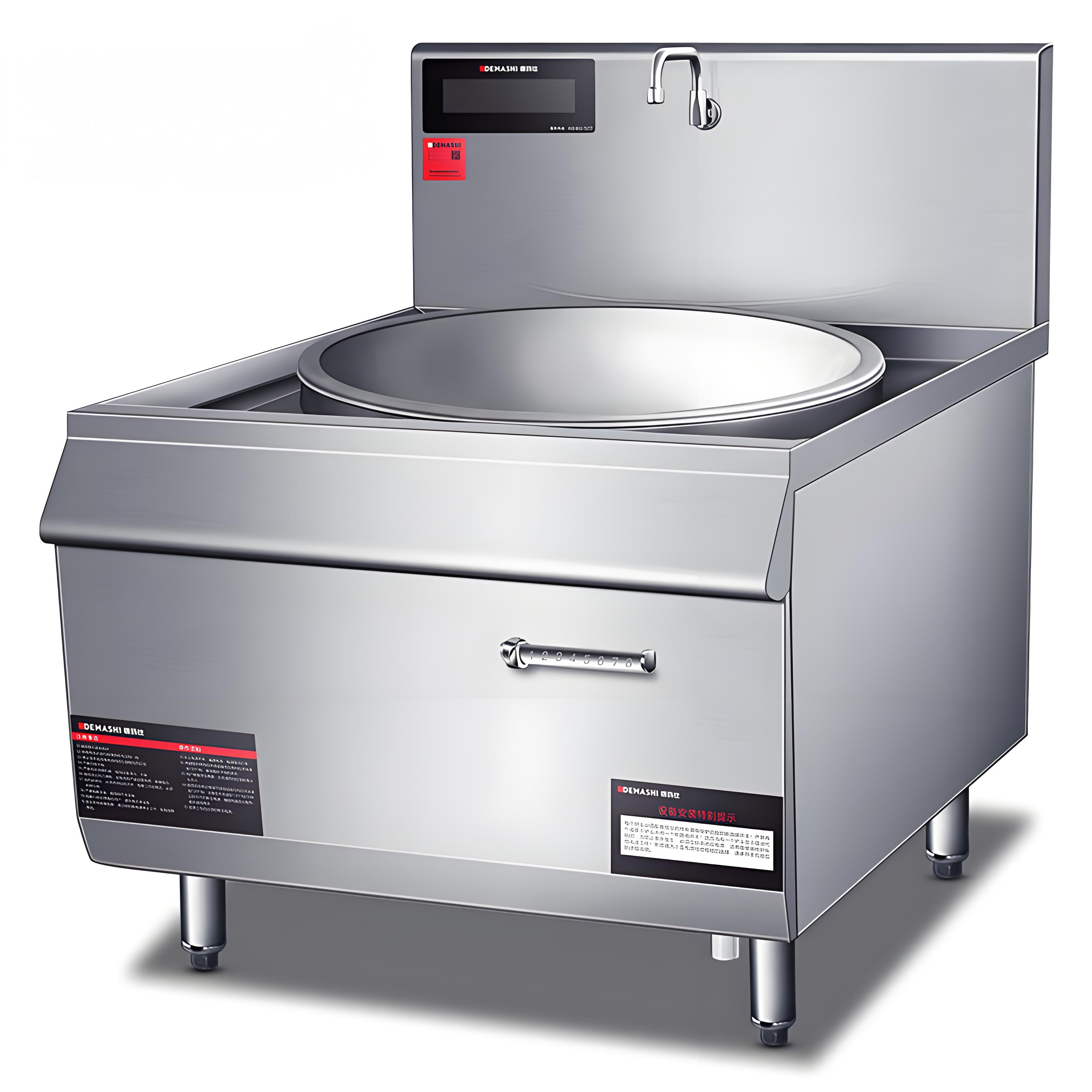
Related Questions and Answers
1. Why does my induction cooktop buzz only with certain pans?
Buzzing is often caused by the cookware’s material or thickness. Thin or incompatible pans vibrate more under the magnetic field. Use heavy, flat-bottomed, induction-compatible cookware to reduce noise.
2. Is it safe to use a noisy induction cooktop?
Normal buzzing, clicking, or fan noise is safe and doesn’t indicate a problem. However, if the noise is unusually loud or new, have a technician check for issues like loose components.
3. Can I make my induction cooktop quieter?
Yes, try using high-quality cookware, ensuring flat contact with the surface, lowering power settings when possible, and keeping the cooktop clean and well-ventilated.
4. Does the cooling fan always run on an induction cooktop?
The fan typically runs during cooking and for a few minutes afterward to cool internal components. If it runs constantly or is very loud, check for obstructions or contact a technician.
5. Are high-end induction cooktops quieter than budget models?
Often, yes. Premium models may include noise-dampening features or better coil designs, but all induction cooktops produce some noise due to their technology.
